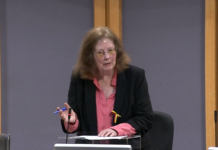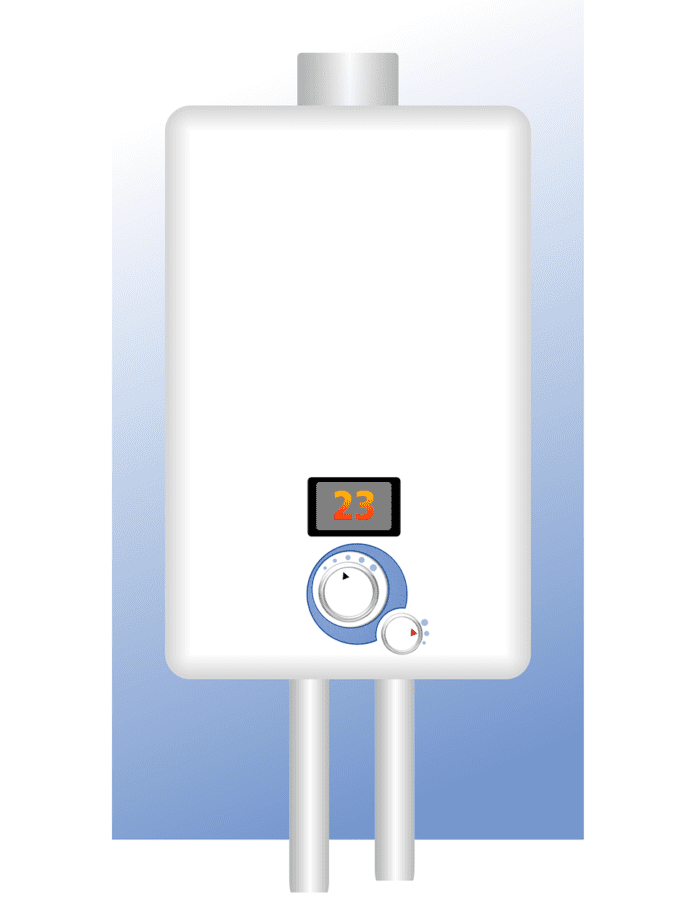Many Brits don’t think about their boiler until it’s time for an upgrade. Myles Robinson, from Compare Boiler Quotes has analysed and compiled a list of what could go wrong and what type of boilers could help to lower your energy bills.
Boilers use different kinds of fuel to work, whether this is oil, LPG or natural gases. There are even biomass and electric boilers available, which don’t use any of these. While the price of gas is responsible for eye-watering heating bills, these other fuels could be better for your wallet.
Some of the signs your boiler could need replacing are:
Odd Smells
If you start to notice an eggy or sulphurous smell coming from your boiler, this could be a gas leak and the boiler will need replacing. If you suspect any kind of gas leak it’s important to immediately switch off your gas supply at the meter, open all windows to ventilate and evacuate the home before calling an engineer out.
A Noisy System
If you start hearing humming or banging noises, it could mean there’s a build-up of air in the central heating system of your boiler or a drop in the water pressure. If this is left unattended for a long period of time it can lead to an expensive breakdown.
Low Performance
Just like anything mechanical, as boilers get older, they start getting slower. Continually adjusting the pressure or waiting longer for your radiators to heat up could be a sign that your boiler needs to be upgraded.
Higher Bills
It’s not just the price of fuel that affects your energy bills. As technology has improved it’s become more energy efficient so check your boiler’s energy rating. An A rated boiler is up to 20% more efficient than a G rated boiler.
If you do need to replace your boiler, you’ll have some choices when it comes to the type of fuel they use. The UK government has said that from 2025, new build homes won’t be fitted with a gas boiler, this is to help achieve net zero carbon emissions by 2050.
Natural Gas Boilers
Currently, most of the UK relies on a gas boiler. A modern gas boiler can reach efficiencies of 90-97% meaning very little fuel is wasted even though the unit cost of natural gas and installation of a gas boiler is more expensive than that of LPG or oil.
Electric Boilers
An electric boiler is ideal for smaller homes as it is the most compact boiler type available due to not needing any external tanks attached. It is also 99% efficient meaning almost no heat is lost when in use.
The biggest issue is that these boilers are the most expensive to run. Installation costs are comparable to those of gas boilers but can run higher depending on what your home needs.
While the most popular option in UK homes is a natural gas boiler, four million homes are not connected to the gas network and use oil or other fossil fuels as their source of heating.
LPG Boilers
Liquefied petroleum gas boilers are very efficient and more environmentally friendly than an oil boiler, using 15-20% less carbon. Modern LPG boilers are also more efficient than oil boilers, reaching up to 90% efficiency. These boilers are also cheaper to install than natural gas or oil boilers.
Biomass Boilers
A biomass boiler system heats up water by burning biomass fuels such as wooden logs or pellets. Biofuel releases a smaller amount of carbon than oil or gas and is a cheaper alternative fuel source.
Oil Boilers
According to the 2021 census, 865,940 homes across England and Wales use oil as their only source of central heating.
Oil needs to be stored in a separate tank and refilled when it runs out. It is also the most polluting boiler fuel, producing twice as much carbon as a gas boiler.
Credit: https://www.compareboilerquotes.co.uk/ who provided the above post
Help keep news FREE for our readers
Supporting your local community newspaper/online news outlet is crucial now more than ever. If you believe in independent journalism, then consider making a valuable contribution by making a one-time or monthly donation. We operate in rural areas where providing unbiased news can be challenging. Read More About Supporting The West Wales Chronicle






















